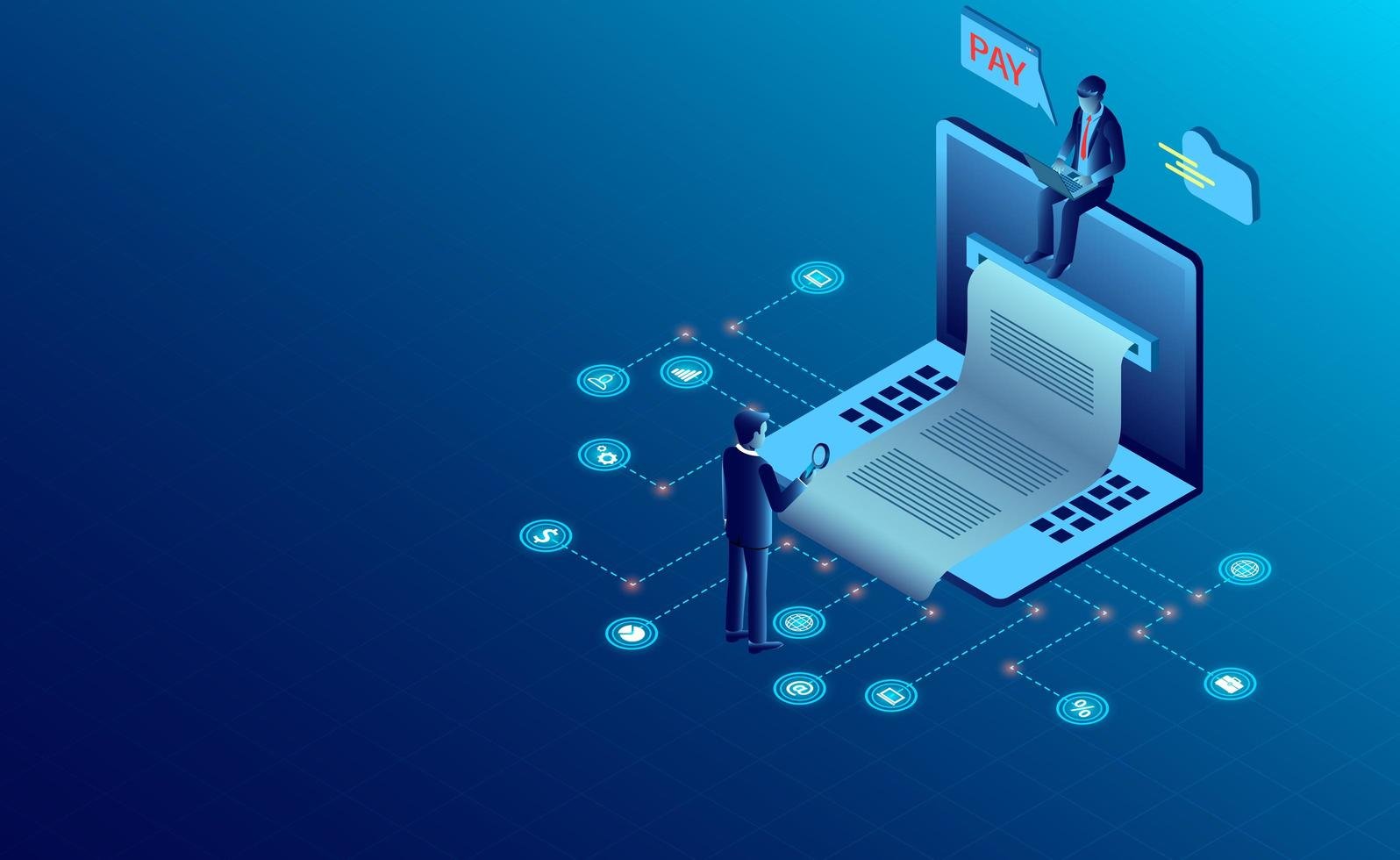HIGHLIGHTS
- The electronic B/L, approved by the International Chamber of Commerce, uses blockchain to authenticate documents and provide audit trails.
- With the release of eB/Ls, parties can save time and costs, optimize processes and provide reliability, and security, while achieving sustainability goals and offering great flexibility.
- The international market has responded positively toward FIATA’s action.
FULL ARTICLE
A powerful process improvement
The electronic B/L, approved by the International Chamber of Commerce, uses blockchain to authenticate documents and provide audit trails. FIATA says the solution is designed to “answer the needs of the industry for improved access and exchange of trade documents”.
The document issuer can decide on the format to be shared, either as paper or PDF, and FIATA, based on the eB/L data standard, has developed a free API (Application Programming Interface) service for software providers, allowing them to connect with FIATA to create paperless B/Ls with guaranteed content and quality. FIATA members and members of FIATA National Associations can easily issue secured eB/Ls through their everyday tools. Each document is registered on an immutable ledger and can be verified at any time by all parties involved.

With the release of eB/Ls, parties can save time and costs associated with paper documents, optimize processes and provide reliability and security, while achieving sustainability goals (saving paper, reducing emissions from delivery services), and offering great flexibility (share eB/L with other parties via PDF or printout).
“This solution makes the process transparent. It is controlled exclusively in Geneva, in cooperation with the national forwarding associations for the multimodal type and can be used door-to-door”, FIATA President Ivan Petrov said.
Turgut Erkeskin, Senior Vice President at FIATA, explained: “During the pandemic, we realized you can’t always interact with authorities, therefore you need to transfer data in a digital format. Because it is environmentally friendly; and you can still control ownership of the data”.
He said there were three steps to be taken by the industry: to digitize daily processes; to digitize processes with authorities; and develop digital forwarding platforms. “We have digitized the B/Ls and created a worldwide standard. We invite all TMS vendors to adopt our standards and protect the industry’s integrity together,” said Erkeskin.
The international market supported
To date, seven software providers have already signed up to implement the eB/L, designed by Komgo, a software and technology development company in Switzerland. It will help in reducing fraud and can be scanned via a QR code or uploaded directly as a PDF to FIATA’s verification page.
Souleïma Baddi, CEO of Komgo, said: “Documents are the bedrock of international trade, but they don’t operate like we need them to, because they are susceptible to fraud or forgery, which happens quite often. I am thrilled to see FIATA joining companies, financial institutions, warehouses, and others using Trakk, a platform that tracks document traits, to protect their documents from fraud”.

WiseTech Global, the world’s leading logistics solution group, said that its customers would be able to request a connection to FIATA’s eB/L from next month.
“FIATA is delighted to embark on this important milestone of its digital journey, which paved the way for great opportunities for the future of the freight forwarding industry”, said FIATA’s General Director Stéphane Graber.
Moreover, last year, FIATA developed Freight Pay in an effort to reduce banking charges for small payments, as part of its push into digitization.
Gia Don
Bills of exchange: What are they? (Part 1)













